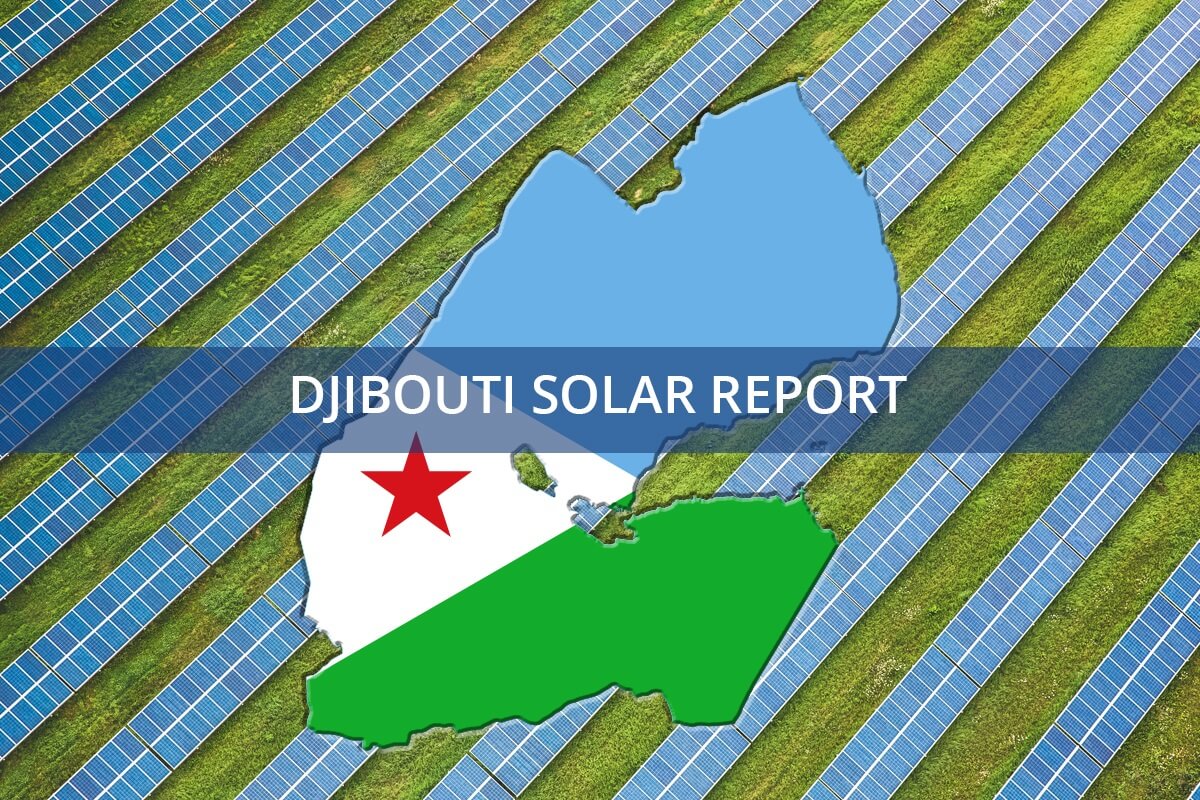Djibouti has cut the ribbon on the 25 MW Grand Bara solar power plant, a key step in its strategy to boost renewable energy. This project marks a significant move toward reducing the nation’s reliance on imported fossil fuels and enhancing its energy independence, as detailed in this article: Djibouti solar project: 25 MW Grand Bara Solar Plant Launches.
Djibouti Solar Plant: Grand Bara’s Leap Toward Renewable Energy
In a landmark move, Djibouti has inaugurated the Grand Bara solar power plant, the largest of its kind in the country. Developed by AMEA Power, the 25 MW facility represents a significant step forward in Djibouti’s renewable energy strategy. This project, highlighted in Djibouti solar project: 25 MW Grand Bara Is Revolutionary, is part of a broader effort to shift the country’s energy mix toward sustainable sources, thereby reducing its dependence on imported fossil fuels and enhancing its energy security. The Grand Bara solar plant was developed through a public-private partnership between AMEA Power and the Djibouti government. This collaboration serves as a model of how private investment can drive the growth of renewable energy infrastructure in Africa. The plant is expected to generate enough electricity to power thousands of homes and businesses, thereby reducing the country’s carbon footprint and promoting economic growth. The solar plant is also a key component of Djibouti’s Vision 2035, a long-term development plan that aims to transform the country into a middle-income nation. By focusing on renewable energy, Djibouti hopes to create a more sustainable and resilient economy. The Grand Bara project is a clear example of how renewable energy can contribute to this vision by providing clean, affordable, and reliable power to the population.
Djibouti’s Commitment to the Djibouti Solar Plant and Sustainable Development
The inauguration of the Grand Bara solar plant underscores Djibouti’s commitment to sustainable development. The country has set ambitious targets for renewable energy, aiming to generate 100% of its electricity from renewable sources by 2035. This goal aligns with global efforts to combat climate change and reduce greenhouse gas emissions. The Grand Bara solar plant is just one of several renewable energy projects currently underway in Djibouti. The country is also exploring opportunities in wind, geothermal, and hydropower. These projects are expected to further diversify Djibouti’s energy mix and provide additional sources of clean energy for the growing population. In addition to its environmental benefits, the Grand Bara solar plant is expected to have a positive impact on Djibouti’s economy. The project has created jobs in the construction and maintenance of the solar facility, and it is expected to continue providing employment opportunities as the plant becomes fully operational. The availability of reliable and affordable electricity will also stimulate economic growth by attracting new businesses and industries to the region.
The Djibouti Solar Plant: The Role of Renewable Energy in Africa’s Future
Djibouti’s success with the Grand Bara solar plant serves as an example for other African nations looking to develop their renewable energy sectors. The continent has enormous potential for solar, wind, and other renewable energy sources, yet many countries still rely heavily on fossil fuels. By investing in projects like the Grand Bara solar plant, African nations can reduce their carbon emissions, improve energy access, and create new economic opportunities. The Grand Bara solar plant is also a testament to the power of international cooperation in advancing renewable energy. The project was made possible through the support of international partners, including the World Bank and the International Finance Corporation. This collaboration highlights the importance of global partnerships in achieving sustainable development goals and addressing the challenges of climate change. As Djibouti continues to expand its renewable energy portfolio, the country is likely to become a regional leader in clean energy. The Grand Bara solar plant is a significant milestone on this journey, demonstrating the potential of solar power to transform the energy landscape in Africa. With continued investment and innovation, Djibouti is well-positioned to achieve its renewable energy goals and contribute to a more sustainable future for the continent.
Djibouti’s Renewable Energy Vision: Powered by the Djibouti Solar Plant
The Grand Bara solar power plant is a major achievement for Djibouti, marking a key milestone in the country’s renewable energy journey. You can learn more about this project here: Amea Grand Bara Solar Plant: 5 Amazing Steps to Launch by 2025. The project highlights the importance of public-private partnerships in developing sustainable infrastructure and demonstrates the potential of solar energy to meet the growing demand for electricity in Africa. As Djibouti moves toward its Vision 2035 goals, the Grand Bara solar plant will play a crucial role in ensuring a cleaner, greener, and more prosperous future for the nation.

